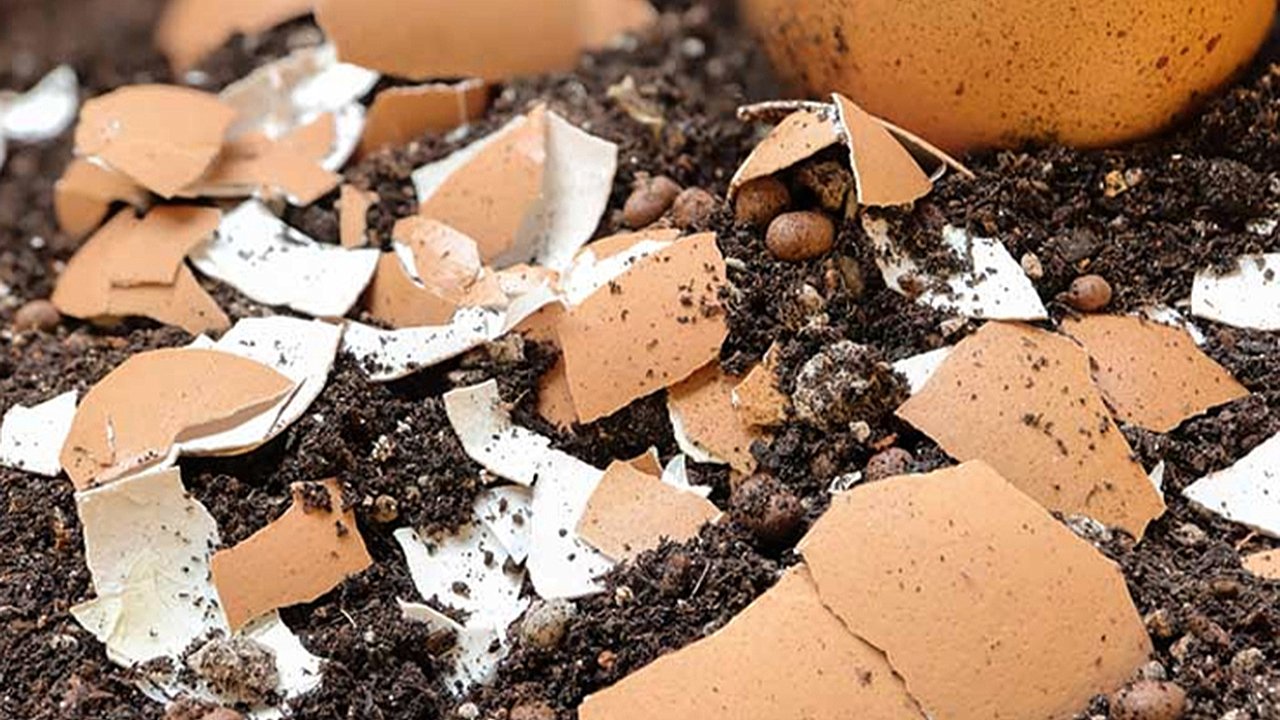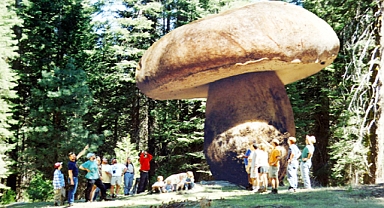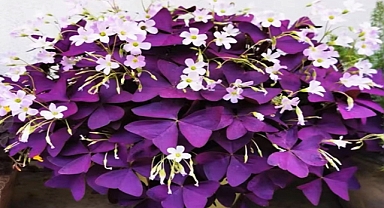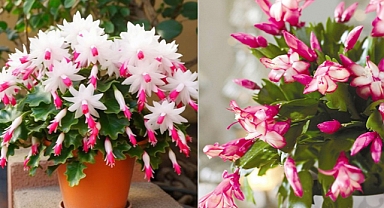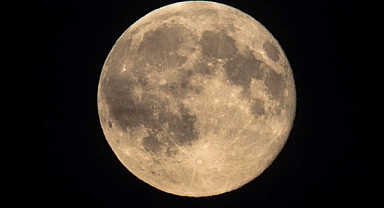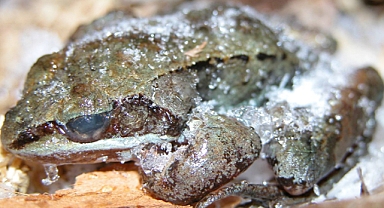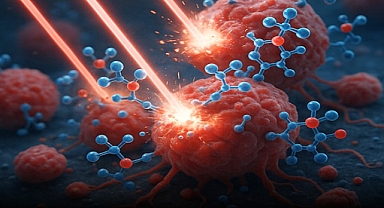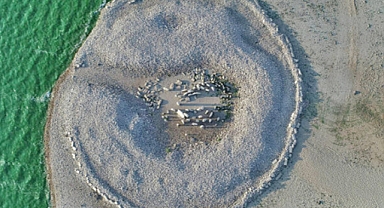Unlock the Hidden Potential of Eggshells for Your Garden
Eggshells are an incredible resource for enhancing soil health and supporting plant growth. Their high calcium content, combined with trace minerals like magnesium and phosphorus, makes them an ideal addition to any gardener’s toolkit. Let's delve into the various benefits they offer.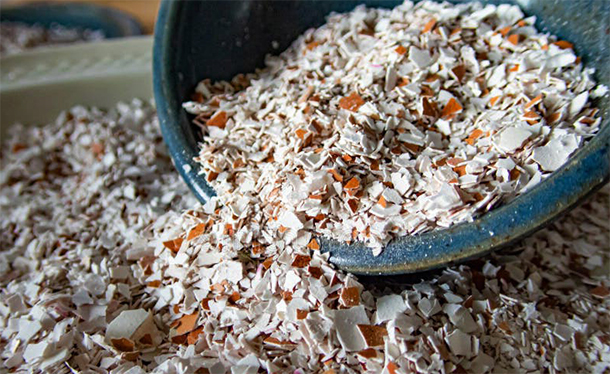 The Nutritional Composition of Eggshells
The Nutritional Composition of Eggshells
Eggshells consist of 90-95% calcium carbonate, a mineral essential for developing strong plant cell walls. Alongside calcium, they contain trace amounts of magnesium, phosphorus, and potassium, which contribute to robust plant health and disease resistance. These nutrients provide a natural boost, fostering healthier and more productive gardens.Benefits of Eggshells for Gardening
1. Enriches Soil with Calcium
Calcium is vital for plant development, particularly for building strong stems and leaves. Incorporating eggshells into your soil ensures a steady calcium supply, benefiting calcium-deficient plants such as tomatoes, peppers, and squash.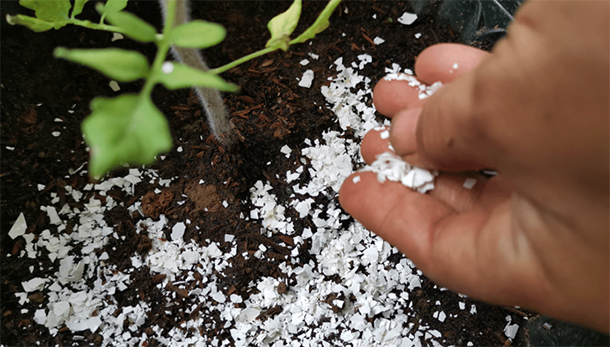 2. Prevents Blossom End Rot
2. Prevents Blossom End Rot
Blossom end rot, a common condition affecting tomatoes and peppers, results from calcium deficiency. Adding crushed or powdered eggshells to the soil can help prevent this issue, leading to healthier and more abundant harvests.3. Enhances Soil Structure
Eggshells improve soil texture by creating small air pockets as they break down, allowing for better drainage and root expansion. This enhanced soil structure promotes efficient nutrient absorption by plants.4. Acts as a Natural Pest Barrier
The jagged edges of crushed eggshells deter soft-bodied pests like slugs, snails, and caterpillars. This eco-friendly pest control method reduces damage without the use of harmful chemicals.5. Balances Soil Acidity
Eggshells, being naturally alkaline, help neutralize overly acidic soils. This balance creates an optimal environment for plants to absorb nutrients more effectively.6. Minimizes Kitchen Waste
Repurposing eggshells in your garden is an excellent way to recycle kitchen scraps, reducing waste and promoting sustainable gardening practices.7. Supplies Trace Minerals
In addition to calcium, eggshells provide small amounts of magnesium, phosphorus, and potassium, which support chlorophyll production, root development, and flower growth. These trace minerals gradually improve plant vitality over time.
How to Use Eggshells in the Garden
1. Crushed Eggshells
After cleaning and drying, crush eggshells into small pieces and sprinkle them into the soil. They decompose slowly, providing a long-term calcium supply.2. Eggshell Powder
For quicker results, grind eggshells into a fine powder using a blender or coffee grinder. This powder can be added directly to soil or compost, offering faster nutrient release.3. Eggshell Tea
Create a calcium-rich liquid fertilizer by steeping crushed eggshells in boiling water for 24 hours. Use the strained mixture to water plants monthly, particularly those with high calcium needs.4. Compost Additive
Adding eggshells to your compost enriches it with calcium. Breaking the shells into smaller pieces accelerates decomposition, enhancing the quality of your compost.5. Pest Deterrent
Scatter crushed eggshells around plants as a physical barrier against pests. Replenish after rain to maintain effectiveness.
Plants That Benefit Most from Eggshells
Tips for Effective Eggshell Use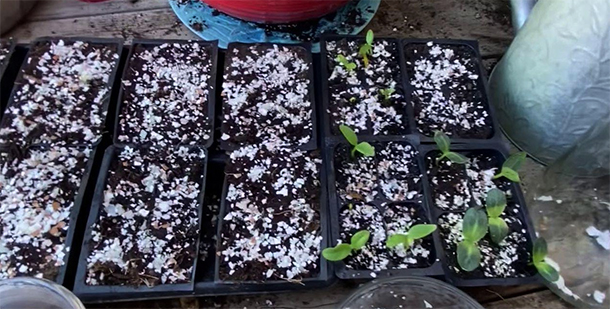 Repurposing eggshells in your garden is a simple yet effective way to enhance plant health and soil fertility. Their calcium-rich composition helps combat common plant deficiencies, while their physical properties improve soil structure and deter pests. By incorporating eggshells into your gardening routine, you can create a thriving, sustainable garden while reducing waste. Whether nurturing vegetables, flowers, or herbs, eggshells are an invaluable natural resource for any gardener.
Repurposing eggshells in your garden is a simple yet effective way to enhance plant health and soil fertility. Their calcium-rich composition helps combat common plant deficiencies, while their physical properties improve soil structure and deter pests. By incorporating eggshells into your gardening routine, you can create a thriving, sustainable garden while reducing waste. Whether nurturing vegetables, flowers, or herbs, eggshells are an invaluable natural resource for any gardener.
Eggshells are an incredible resource for enhancing soil health and supporting plant growth. Their high calcium content, combined with trace minerals like magnesium and phosphorus, makes them an ideal addition to any gardener’s toolkit. Let's delve into the various benefits they offer.
 The Nutritional Composition of Eggshells
The Nutritional Composition of EggshellsEggshells consist of 90-95% calcium carbonate, a mineral essential for developing strong plant cell walls. Alongside calcium, they contain trace amounts of magnesium, phosphorus, and potassium, which contribute to robust plant health and disease resistance. These nutrients provide a natural boost, fostering healthier and more productive gardens.Benefits of Eggshells for Gardening
1. Enriches Soil with Calcium
Calcium is vital for plant development, particularly for building strong stems and leaves. Incorporating eggshells into your soil ensures a steady calcium supply, benefiting calcium-deficient plants such as tomatoes, peppers, and squash.
 2. Prevents Blossom End Rot
2. Prevents Blossom End RotBlossom end rot, a common condition affecting tomatoes and peppers, results from calcium deficiency. Adding crushed or powdered eggshells to the soil can help prevent this issue, leading to healthier and more abundant harvests.3. Enhances Soil Structure
Eggshells improve soil texture by creating small air pockets as they break down, allowing for better drainage and root expansion. This enhanced soil structure promotes efficient nutrient absorption by plants.4. Acts as a Natural Pest Barrier
The jagged edges of crushed eggshells deter soft-bodied pests like slugs, snails, and caterpillars. This eco-friendly pest control method reduces damage without the use of harmful chemicals.5. Balances Soil Acidity
Eggshells, being naturally alkaline, help neutralize overly acidic soils. This balance creates an optimal environment for plants to absorb nutrients more effectively.6. Minimizes Kitchen Waste
Repurposing eggshells in your garden is an excellent way to recycle kitchen scraps, reducing waste and promoting sustainable gardening practices.7. Supplies Trace Minerals
In addition to calcium, eggshells provide small amounts of magnesium, phosphorus, and potassium, which support chlorophyll production, root development, and flower growth. These trace minerals gradually improve plant vitality over time.
How to Use Eggshells in the Garden
1. Crushed Eggshells
After cleaning and drying, crush eggshells into small pieces and sprinkle them into the soil. They decompose slowly, providing a long-term calcium supply.2. Eggshell Powder
For quicker results, grind eggshells into a fine powder using a blender or coffee grinder. This powder can be added directly to soil or compost, offering faster nutrient release.3. Eggshell Tea
Create a calcium-rich liquid fertilizer by steeping crushed eggshells in boiling water for 24 hours. Use the strained mixture to water plants monthly, particularly those with high calcium needs.4. Compost Additive
Adding eggshells to your compost enriches it with calcium. Breaking the shells into smaller pieces accelerates decomposition, enhancing the quality of your compost.5. Pest Deterrent
Scatter crushed eggshells around plants as a physical barrier against pests. Replenish after rain to maintain effectiveness.
Plants That Benefit Most from Eggshells
- Tomatoes and Peppers: Prevent blossom end rot with a steady calcium supply.
- Squash and Zucchini: Support strong cell walls and reduce disease susceptibility.
- Broccoli and Cauliflower: Provide essential calcium for vigorous growth.
- Roses and Hydrangeas: Encourage vibrant blooms in flowering plants.
Tips for Effective Eggshell Use
- Crush or Grind Thoroughly: Smaller particles break down more easily in the soil.
- Clean Before Use: Rinse eggshells to avoid attracting unwanted pests.
- Use in Moderation: While beneficial, excessive eggshell use can alter soil pH.
 Repurposing eggshells in your garden is a simple yet effective way to enhance plant health and soil fertility. Their calcium-rich composition helps combat common plant deficiencies, while their physical properties improve soil structure and deter pests. By incorporating eggshells into your gardening routine, you can create a thriving, sustainable garden while reducing waste. Whether nurturing vegetables, flowers, or herbs, eggshells are an invaluable natural resource for any gardener.
Repurposing eggshells in your garden is a simple yet effective way to enhance plant health and soil fertility. Their calcium-rich composition helps combat common plant deficiencies, while their physical properties improve soil structure and deter pests. By incorporating eggshells into your gardening routine, you can create a thriving, sustainable garden while reducing waste. Whether nurturing vegetables, flowers, or herbs, eggshells are an invaluable natural resource for any gardener.